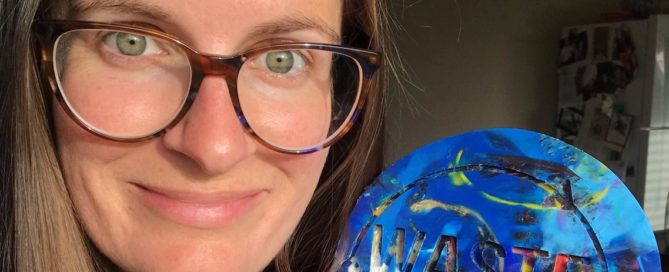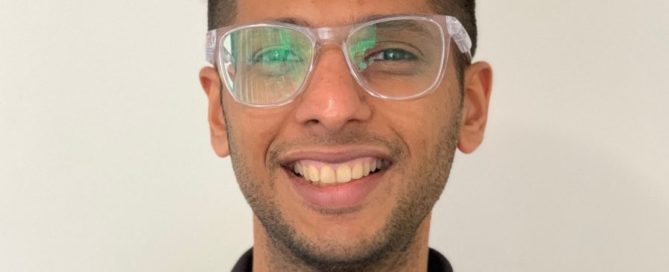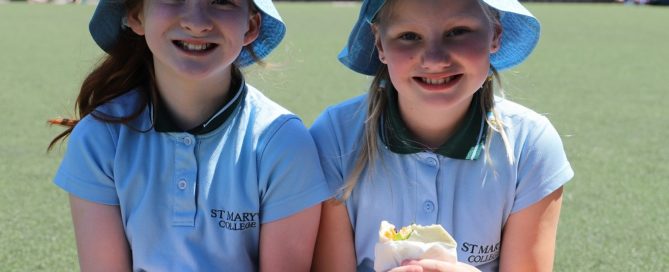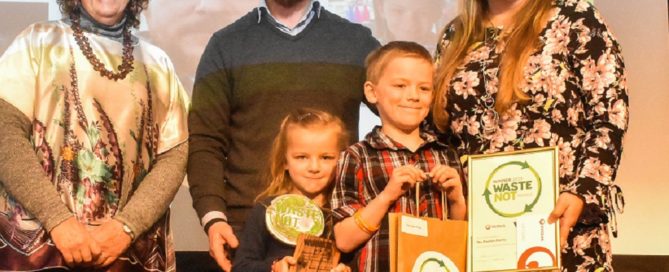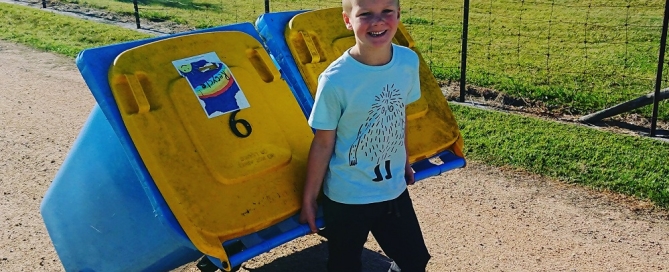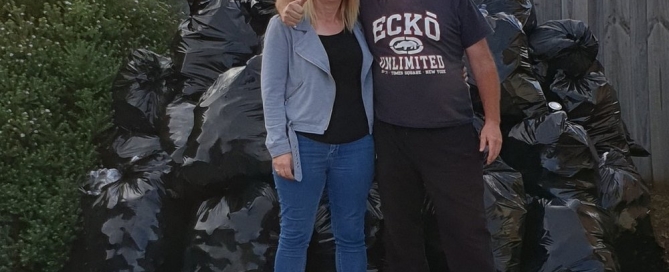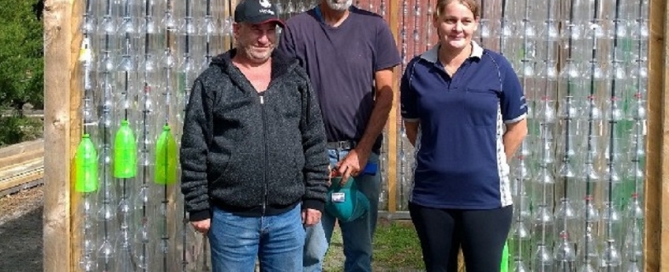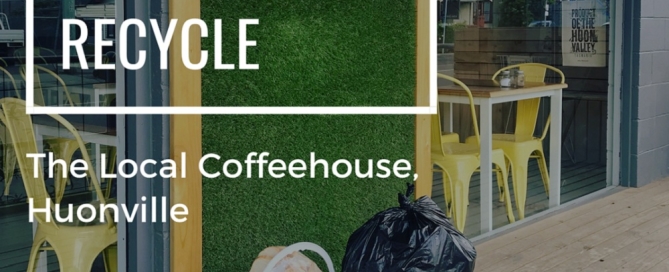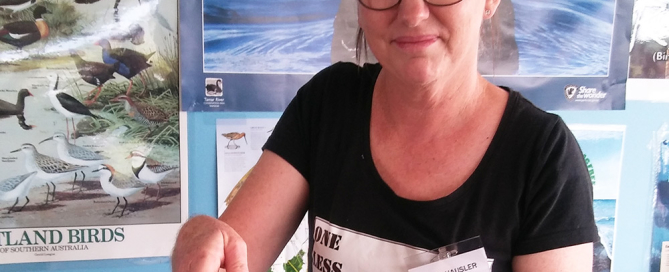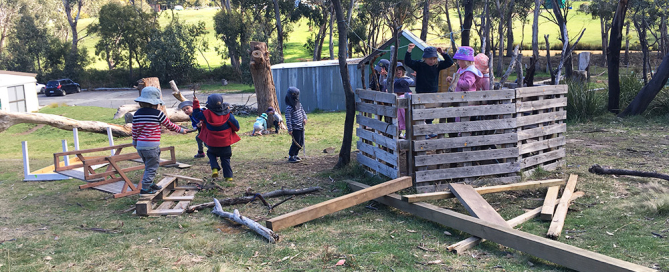Hydro Group – Too Good to Waste
Hydro Tasmania is a Tassie icon with inspiring ambitions to be a good sort with waste.
Across their three business arms – including Momentum Energy and Entura – they’ve set themselves a waste diversion target of 95% by December 2021. Central to achieving this goal is finding ways to avoid generating waste from the outset, by changing the materials used and mindsets of staff in all aspects of the business from procurement policies to lunch-room operations and everything in between.
As a business with strong sustainability credentials, Hydro Tasmania felt it could do more in waste reduction beyond meeting its obligations for hazardous waste management. So in October 2019, Environmental Scientist Lauren Maher took on the challenge to build a waste minimisation and innovation roadmap with a virtual team of seven, each bringing insights and practical experience from different areas of the business.
What they created was a detailed plan known as Too Good To Waste, which defined goals and focus areas, and categorised actions as easy, moderate or difficult to ensure quick wins could be achieved and more complex waste challenges could be appropriately planned and resourced. The roadmap was endorsed by the Hydro Group Leadership Team in March 2020 and implementation is well underway.
Three principles underpin the roadmap:
- Make and use products smarter (not through more recycling, but by generating less waste)
- Extend the life of products and parts (by seeing waste as an opportunity for repair, refurbishing, remanufacture and repurposing); and
- Only use the bin as a last resort (acknowledging that recycling and recovery is better than landfill but still depletes valuable resources).
The entire project began with bin audits across 13 sites. Lauren says that understanding your current waste footprint – both volumes and waste types – is essential to create a realistic plan with measurable targets. The audits showed that up to 90% of the 275 tonnes of waste generated by the business each year could have been diverted from landfill with organics (34%) and plastics (32%) making up the biggest share of salvageable or avoidable materials.
The implementation of the roadmap was met with scepticism in some sites and by some staff, but Lauren found that actions spoke louder than the roadmap’s written words and people were soon inspired to play their part when those around them were stepping up and embracing the change.
One of the simplest, early actions was installing separate bins – including bokashi bins – for different waste types; each colour coded and with clear graphics and signage to make it easier to know what goes where. A future iteration of the signs is likely to include a QR code to provide additional detail as staff become more engaged in the waste avoidance project and site-based champions take the lead in the roadmap’s local implementation.
One of Lauren’s biggest sources of motivation is the ability of Hydro Tasmania to extend its waste avoidance values into the diverse communities where the business operates. Community grants programs, classroom education resources, and business collaboration and mentoring are all in the roadmap, reinforcing Hydro Tasmania’s vision to deliver not just economic and environmental outcomes, but long-lasting social benefits too.
Lauren and the Hydro Tasmania team are committed to leading by example and sharing their roadmap experiences to inspire others. Already they have grown their average landfill diversion rate from 9% to 29% and have almost reached 50% diversion across their office sites. With the roadmap to guide them and the passionate commitment of Lauren and other roadmap champions, Hydro Tasmania has their waste avoidance goal well within reach.

